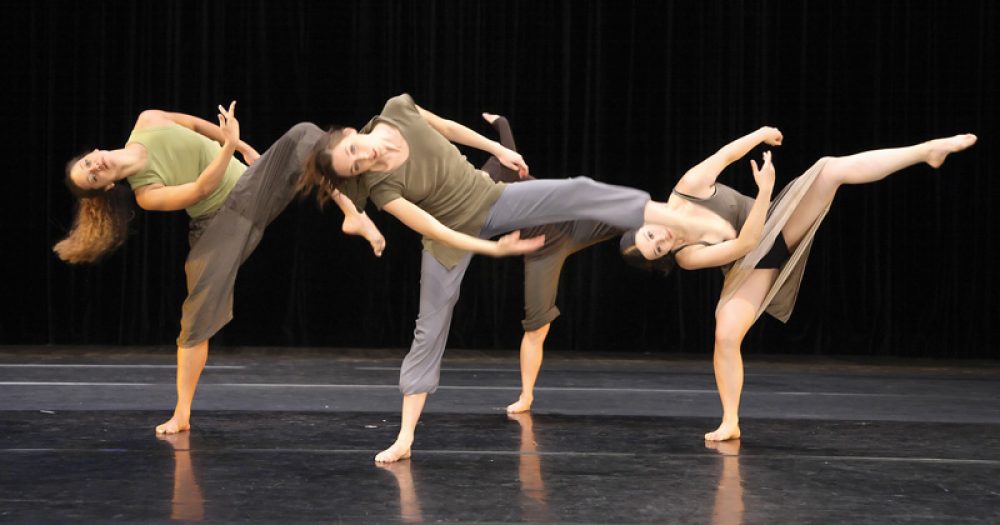The government’s EBacc performance measure is not driving arts subjects out of schools, Nick Gibb claimed today.
The schools minister told the ResearchED national conference in London that he “doesn’t accept” that the EBacc – which requires the vast majority of pupils in every school to study a core five academic subjects – is contributing to a decline in the take-up of creative subjects.
Although entries to art and design GCSEs bucked the trend and increased this year, entries to GCSEs in performing or expressive arts subjects nosedived by 40 per cent.
Overall, entries to non-EBacc subjects decreased by 13 per cent, while entries to EBacc subjects rose by 5 per cent.
Gibb acknowledged that interest in subjects like music had declined this year, but said he doesn’t “attribute these issues to the EBacc”.
“EBacc is English, maths, science, all of that was compulsory to 16 until 2004, and there is plenty of scope beyond the EBacc, those seven or eight GCSEs depending on whether you take double science, there is scope beyond the EBacc to take creative subjects,” he said.
“Creative subjects are compulsory in our school system from five to 14, and it’s an entitlement after the age of 14 – if you want to take those subjects you are entitled to take them.”
He said the “only small correlation” between the EBacc and the update of creative subjects is that schools with increasing EBacc entries also see arts entries rise.
Gibb also pointed out that the proportion of pupils taking at least one arts GCSE has remained “broadly stable” since the EBacc was introduced.
“I don’t accept this argument that the EBacc is driving out arts out of the curriculum.”
The minister said he believed “very strongly” that Britain “is a leader” in creative industries
“We take creative subjects in our schools very seriously and we want to see more young people taking these subjects in schools.”








Head in sand